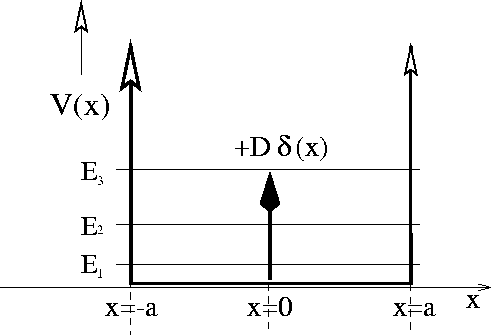
Figure 4: Perturbation to the infinite square well

Figure 4: Perturbation to the infinite square well
In quantum mechanics, a perturbation usually refers to a slight change in the potential function V(x). If the states of the unperturbed potential are known, often the effects of the perturbation may be predicted without much additional work, using what is called perturbation theory. To lowest order, so-called first order perturbation theory, the shift in energy due to a perturbation is just the average additional potential energy experienced by the states of the original potential. We will test this idea in the context of an infinite square well potential perturbed by a small delta-function potential at its center.